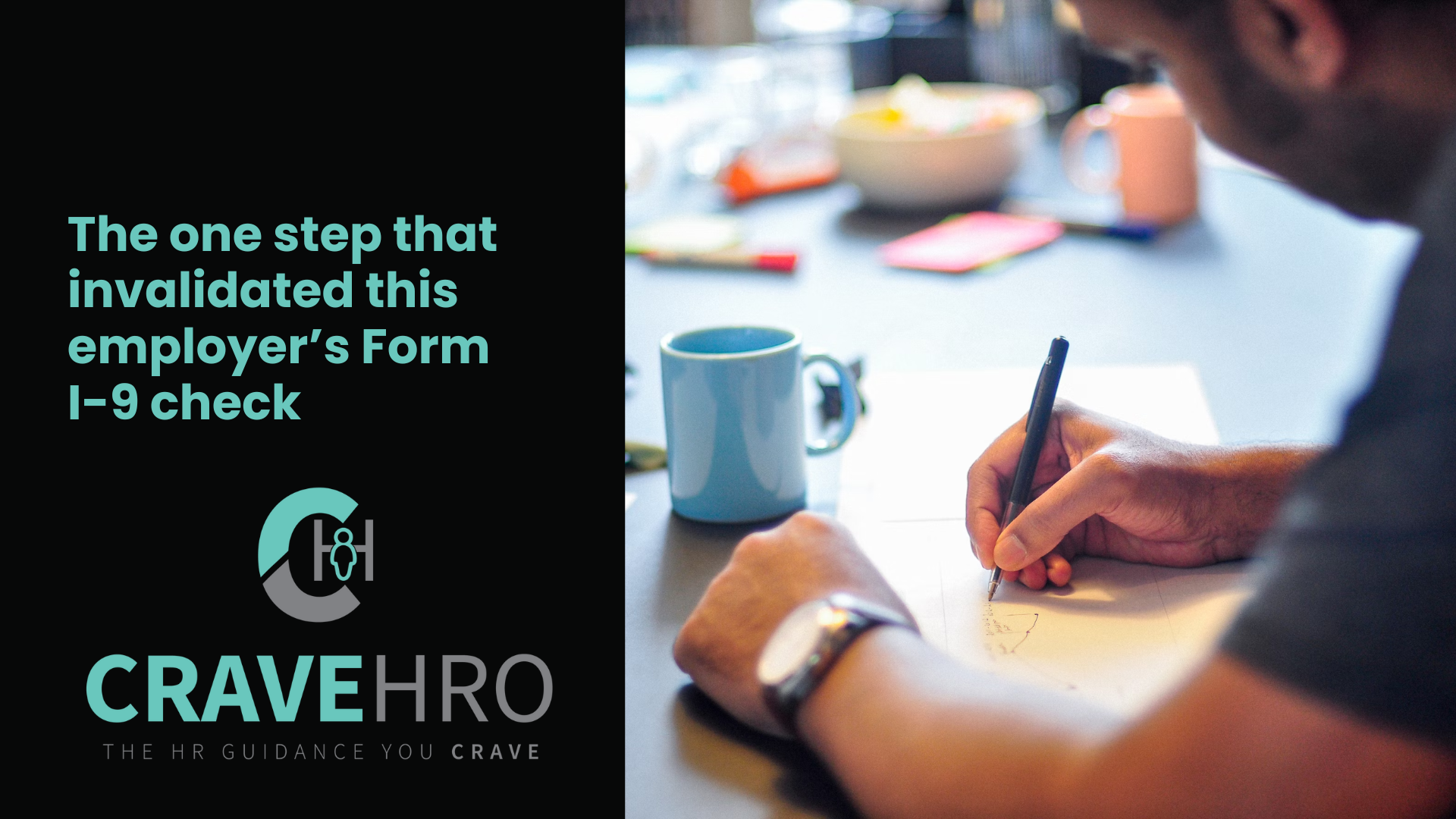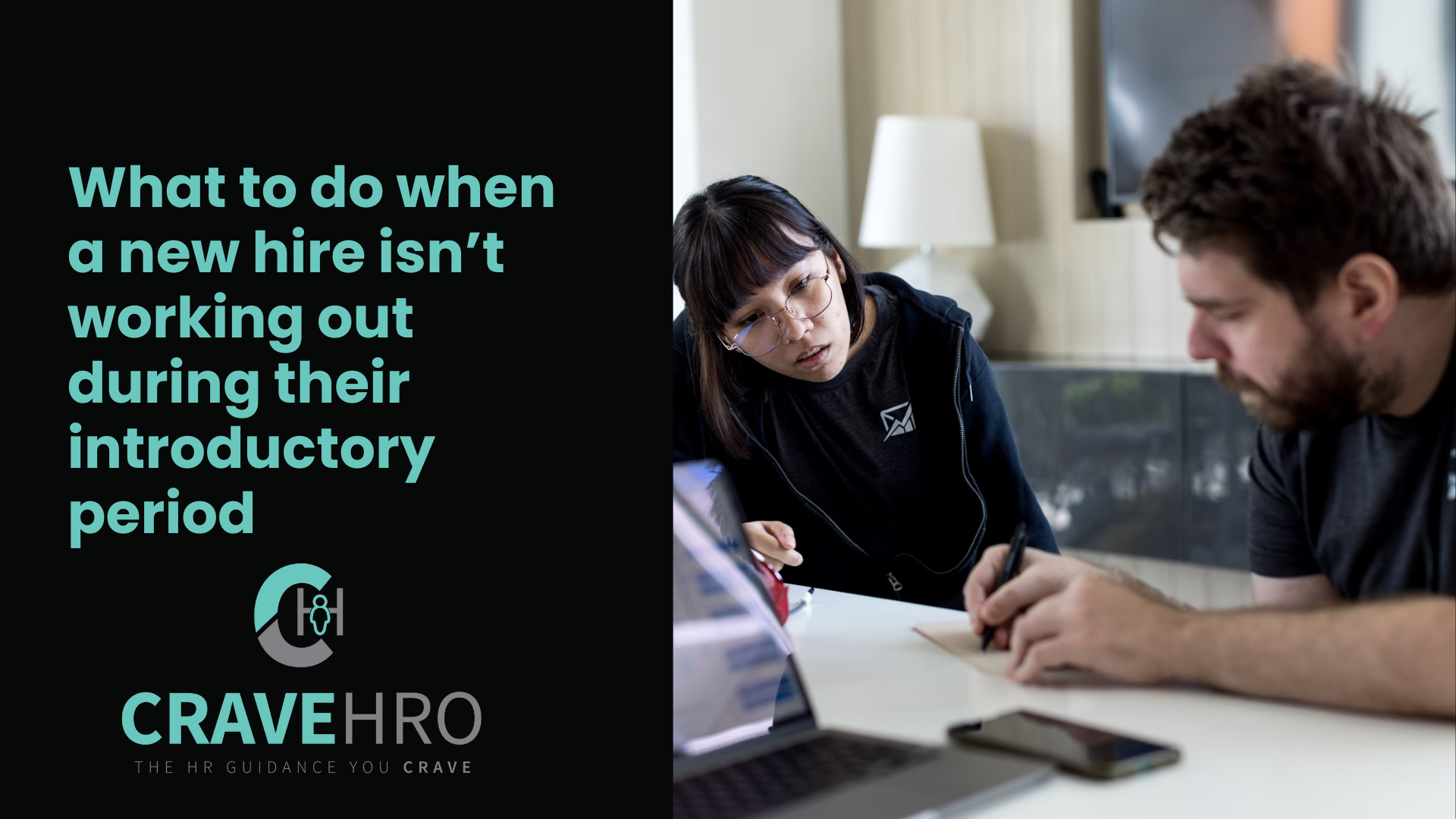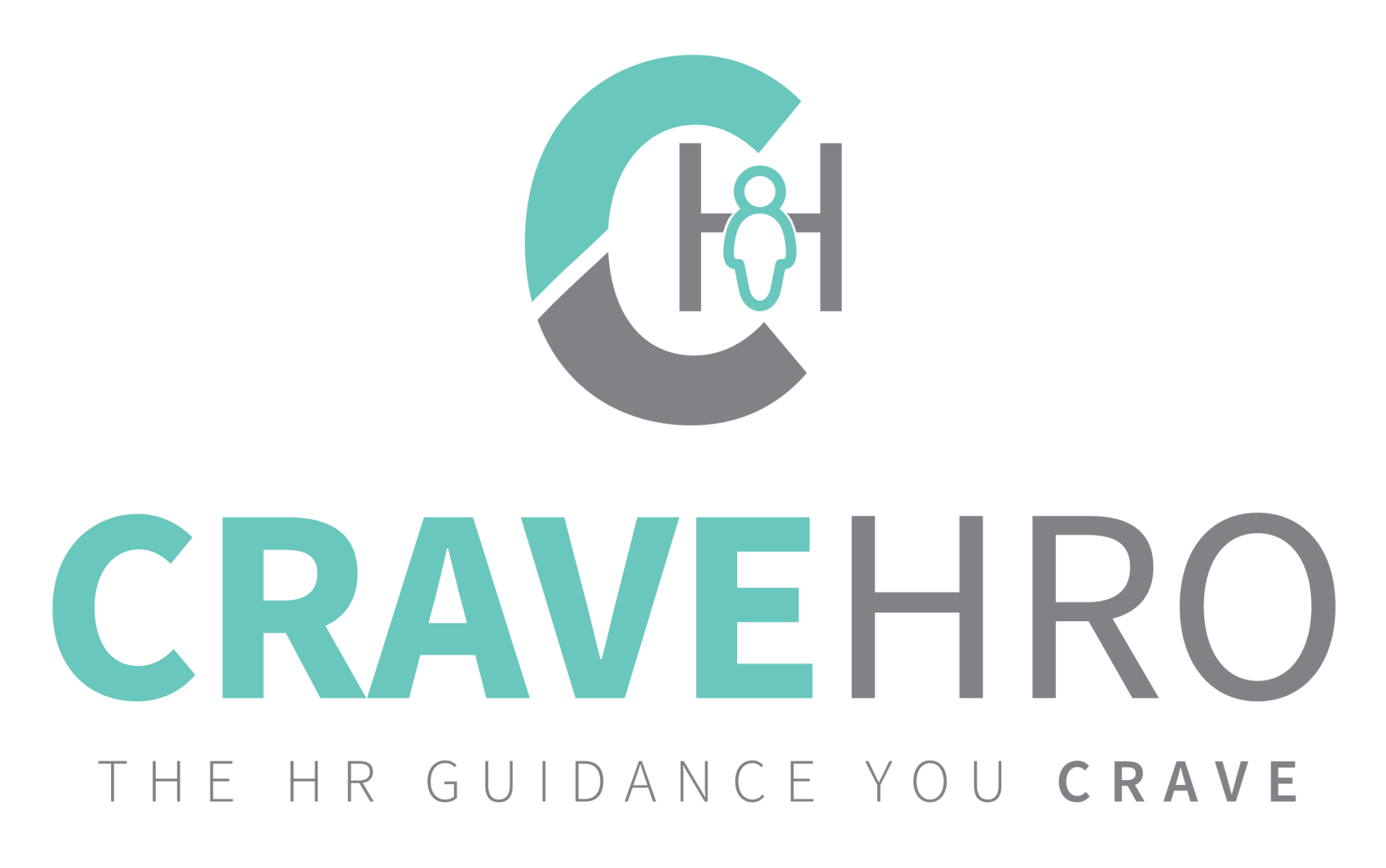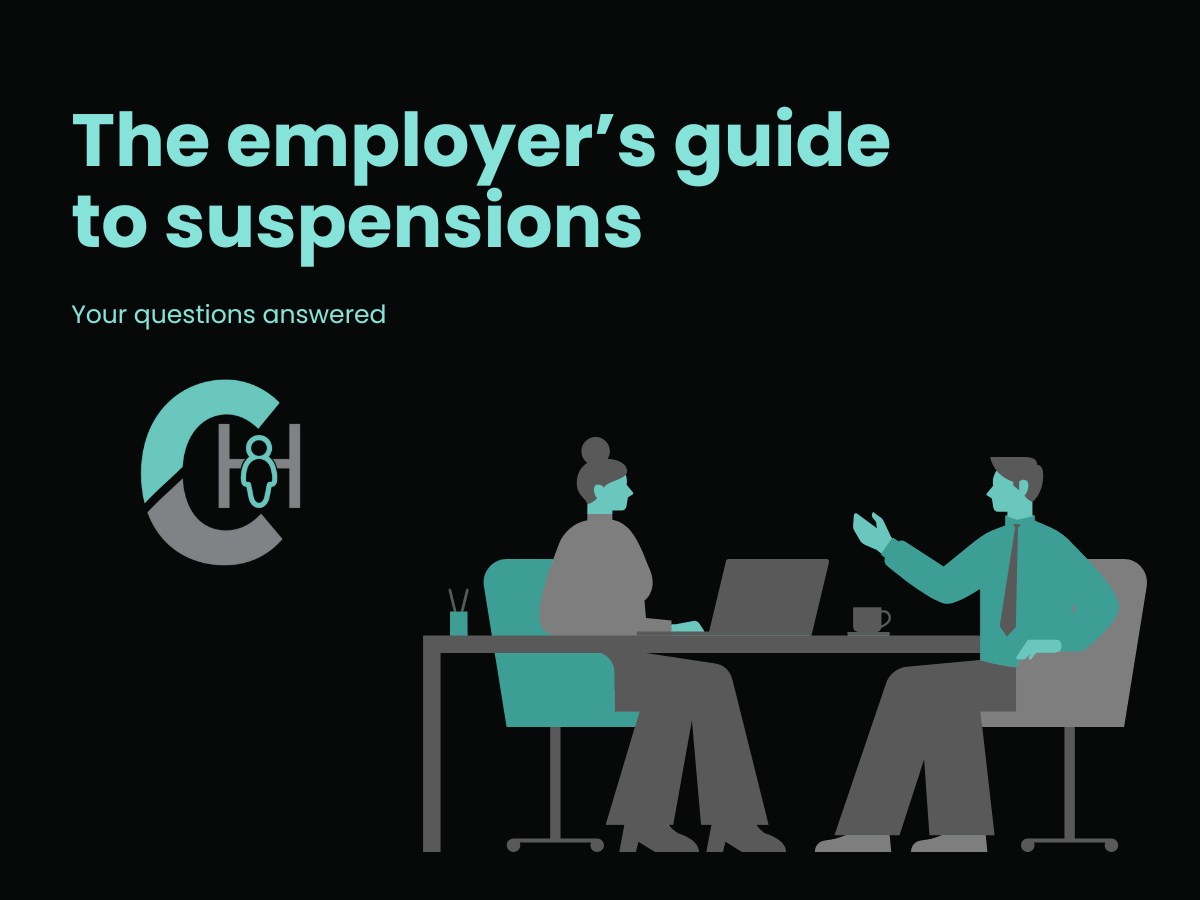
Did you know that 71.1% of mothers and 92.5% of fathers in the U.S. are currently employed? Parents make up a massive part of our workforce—and they bring resilience, multitasking skills, and a whole lot of perspective to the table.
As a business owner, knowing how to support working parents isn’t just about checking a compliance box—it’s about creating a workplace where people can thrive. Here’s what you should know:
What to Know About Supporting Parents at Work
Maternity Leave & Pay
The Family and Medical Leave Act (FMLA) provides eligible employees with up to 12 weeks of unpaid, job-protected leave for childbirth and bonding. However, FMLA only applies to employers with 50 or more employees and to employees who meet specific criteria. Even if your business isn’t covered, many states have their own family leave laws—and some employers voluntarily offer leave to remain competitive and compassionate.
Paternity Leave & Pay
Fathers may also qualify for leave under FMLA or state-level programs. Many businesses choose to offer paid bonding leave as part of a modern, inclusive benefits package that supports all caregivers.
Shared Parental Leave
There’s no official shared parental leave program in the U.S., but eligible parents working for the same FMLA-covered employer can split their 12 weeks. Even outside of FMLA, flexible leave policies can help families juggle care without sacrificing work.
Adoption & Foster Care Leave
FMLA also covers adoption and foster placement—but again, only for covered employers and eligible employees. Some states provide additional protections, and forward-thinking employers often extend leave policies to all forms of family growth.
Pregnancy Loss & Bereavement Leave
Federal law doesn’t mandate leave for miscarriage or stillbirth, but many employers offer compassionate leave or sick time. A growing number of states are stepping in with bereavement protections—something to keep an eye on as laws evolve.
Flexible Work Options
There’s no federal right to request flexible working hours, but some states and cities do require consideration. Whether legally required or not, offering flexibility is one of the most effective ways to retain working parents and reduce burnout.
Health & Safety for Pregnant Employees
Even if you’re not covered by FMLA, there are other federal laws you are likely covered by, including:
- The Pregnant Workers Fairness Act (PWFA) – requiring reasonable accommodations
- Title VII of the Civil Rights Act – prohibiting pregnancy discrimination
- Obligations to provide a safe working environment and adjust duties if medically necessary
Breastfeeding Accommodations
Under the Fair Labor Standards Act (FLSA), most employers must:
- Provide break time to express breast milk for one year after childbirth
- Offer a private, non-bathroom space to pump
- Allow for milk storage, where feasible
Returning to Work After Leave
Support doesn’t stop when the leave ends. Consider:
- Pre-return check-ins or “keep in touch” calls
- A re-onboarding plan, especially if there were changes during their absence
- Temporary flexible scheduling
- Training managers on how to support returning parents with empathy and consistency
Supporting Parents Is Good for Business
Whether you're legally required to or not, offering support to working parents creates a culture that attracts loyalty and talent. It's not about red tape—it's about treating people like people.
If you're unsure what applies to your business or want to build better policies, let's connect. I’ve helped employers of all sizes create compliant, compassionate workplaces where parents can do their best work.











